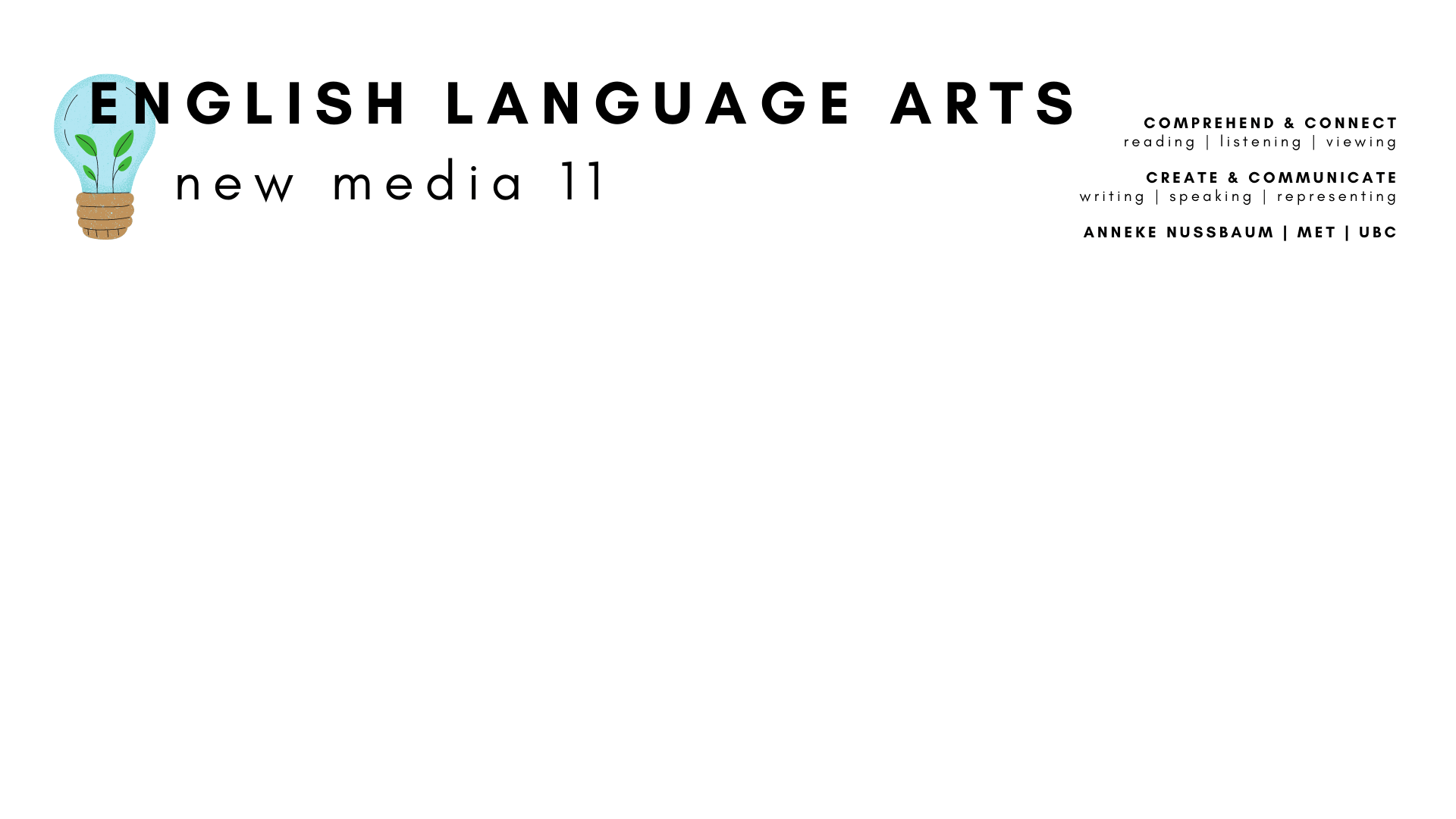Module 2 | Lesson 1 | Lesson 2 | Lesson 3 | Lesson 4
Social Literature
Third Generation Electronic Literature
Exploring the Genre: Insta-Zine
Discussion #6: How is social media changing the literary landscape?
Third Generation Electronic Literature
Leonardo Flores (2019) defines “electronic literature as a writing-centered art that engages the expressive potential of electronic and digital media… Electronic literature therefore explores writing in electronic and digital media, which integrate computation, multimedia, interactivity through a variety of input devices, networked data, and digital culture itself.” He also coined the term “Third Generation Electronic Literature” to refer to e-lit that “uses established platforms with massive user bases, such as social media networks, apps, mobile and touchscreen devices, and Web API services”
Leonardo Flores (2019) Third Generation Electronic Literature
Read Flores’ (2019) full article here: Third Generation Electronic Literature
Towards E-lit’s #1 Hit
Exploring the genre: Insta-Zine
Born-digital literature created for social media contexts, like those showcased in this exhibition, underscores the participatory potential of art… rarely encountered in isolation… [or] seldom produced in isolation either.”
Dene Grigar, Curator, The NEXT,
To gain a stronger sense of this third generation e-lit, let’s explore the “Instagram Storytelling and Zine Culture” Exhibit at The Next, featuring Filter: An Instagram Collaboratory for E-Lit curated by Sarah Whitcomb Laiola. Here you will be able to explore the 6 works of E-lit from the October 2021 first issue. Laiola emphasizes that “Filter occupies an important corssroads for the ways we understand the relationship between Instagram and creative-critical literary work.” She concludes with a question and answer in relation to the role Filter can play:
What is Instragram E-Lit? If we are lucky, we will never have a definitive answer to this question. But the pieces collected and exhibited here offer ways we might bergin to formulate an answer, as they challenge, critique, expand, and disrupt our expectations for the relationship between electronic literature and the Instagram platform.
Sarah Whitcomb Laiola, Curatorial Statement. The Next: Instagram Storytelling and Zine Culture.
Click on the link below to explore the Insta-Zine. You will need to refer to at least 2 of the texts in your discussion post, but can surely take the time to traverse all 6 digital media creations.
Discussion #6: Social Media
- Click on the Padlet Discussion board below
- Respond to the question: How is social media changing the literary landscape?
- Provide supportive evidence from at least 2 of the texts above to support your response (you may also refer to Leonardo Flores’ presentation and/or article).
- Reply to at least one of your peer’s posts. Here are some sentence starters to guide your response writing:
- I agree with . . . because . . .
- I can see your point that . . . ; however, I think . . .
- I agree with . . . ; but on the other hand, . . .
- Your point about . . . is different from mine. I have a question . . .
- While we had different points, I noticed that . . .
References
Flores, L. (2019). Third generation electronic literature. Electronic book review. https://electronicbookreview.com/essay/third-generation-electronic-literature
Grigar, D. (2022, April 1). The Next: Instagram Storytelling and Zine Culture. https://the-next.eliterature.org/exhibition/filter/
Laiola, S. W. (2022, April 1). Curatorial Statement. The Next: Instagram Storytelling and Zine Culture. https://the-next.eliterature.org/exhibition/filter/
